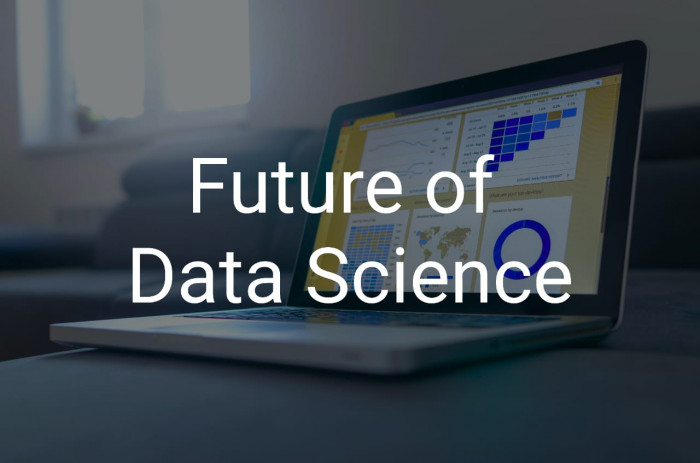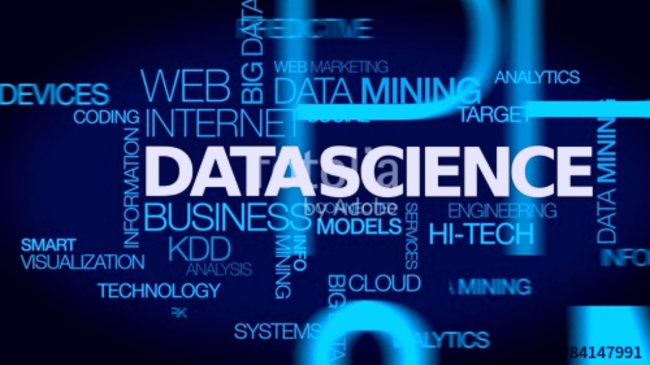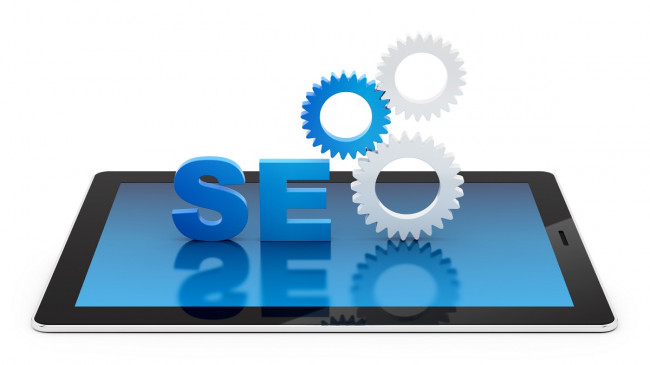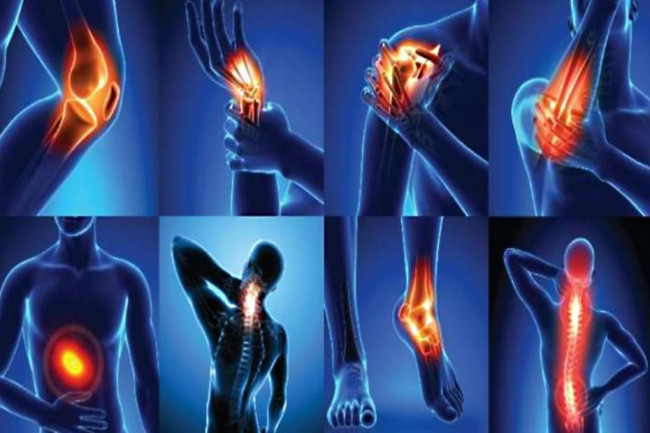Introduction
Data Science, a multidisciplinary field that uses scientific methods, processes, algorithms, and systems to extract insights and knowledge from structured and unstructured data, is witnessing unprecedented growth. As organisations increasingly rely on data-driven decision-making, staying informed about the future trends and technologies in data science becomes imperative.

Evolution of Data Science
Understanding the evolution of data science provides a solid foundation for comprehending the current state and anticipating future developments. From its early roots in statistics to the present-day sophisticated algorithms, data science has come a long way. Milestones such as the development of machine learning algorithms and the advent of big data have been pivotal in shaping the trajectory of this field.
Current State of Data Science
The current data science landscape is marked by a dynamic interplay of various trends and technologies. From predictive analytics to natural language processing, data scientists are leveraging a diverse set of tools and techniques. Technologies like Python and R are widely used for data analysis and visualisation, while platforms like TensorFlow and PyTorch dominate the machine learning space.
Artificial Intelligence and Machine Learning
One of the most significant trends driving the future of data science is the integration of artificial intelligence (AI) and machine learning (ML). These technologies are not only enhancing the speed and accuracy of data analysis but also opening up new possibilities. From automating routine tasks to enabling predictive modelling, AI and ML are at the forefront of innovation in data science.
Big Data and Data Warehousing
The sheer volume of data generated daily necessitates robust solutions for storage and processing. Big data technologies, coupled with advanced data warehousing techniques, are addressing this requirement. Cloud-based platforms like Amazon Redshift and Google BigQuery are becoming integral to managing vast datasets, enabling organisations to derive valuable insights.
Internet of Things (IoT) and Data Science
The synergy between the Internet of Things (IoT) and data science is creating unprecedented opportunities. Connected devices generate vast amounts of data, and data science is instrumental in extracting meaningful patterns. From smart cities to industrial applications, the integration of IoT and data science is transforming how we collect, analyze, and leverage data.
Blockchain in Data Science
Ensuring the security and integrity of data is a top priority in the digital age. Blockchain technology, known for its decentralised and tamper-resistant nature, is making significant inroads into data science. By providing a transparent and secure way to record transactions, blockchain enhances data management practices and builds trust in data-driven decision-making.
Augmented Analytics
The future of data science is characterised by augmented analytics, where machine learning and artificial intelligence work in tandem with human analysts. This approach not only accelerates the analysis process but also empowers decision-makers with actionable insights. As data becomes more complex, augmented analytics will play a pivotal role in simplifying the interpretation of results.
Edge Computing and Data Science
The proliferation of edge computing is decentralizing data processing and analysis. Edge devices, such as IoT sensors and mobile devices, are equipped to perform data processing locally, reducing latency and enhancing efficiency. Data scientists are adapting to this shift, exploring new ways to leverage edge computing for real-time data analysis.
Ethical Considerations in Data Science
With great power comes great responsibility. As data science continues to wield immense influence, ethical considerations become paramount. Issues like bias in algorithms, data privacy, and transparency in decision-making processes require careful attention. The future of data science hinges on ethical practices that prioritize fairness, accountability, and inclusivity.
Data Science in Healthcare
The healthcare sector is experiencing a revolution through data science. Innovations such as predictive analytics, personalized medicine, and disease detection algorithms are improving patient outcomes. The future promises even more breakthroughs, with data science playing a pivotal role in shaping the future of healthcare.
Future Job Trends in Data Science
The evolving landscape of data science is reshaping job roles and skill requirements. Emerging roles, such as machine learning engineer, data ethicist, and AI strategist, are gaining prominence. Professionals looking to thrive in the future job market need to acquire a diverse skill set, including proficiency in emerging technologies and a deep understanding of domain-specific challenges.
For professionals in Kolkata, integrating a data science course into their skill development strategy is crucial. Such a course can provide hands-on experience, practical knowledge, and exposure to the latest tools and techniques in data science. By enrolling in a reputabl insights into data-driven decision-making processes, and stay abreast of industry best practices.
Challenges and Opportunities
While the future of data science holds immense promise, it also presents challenges. The rapid pace of technological advancements, coupled with the need for ethical considerations, requires data scientists to stay vigilant. However, these challenges bring forth opportunities for growth and development, encouraging professionals to embrace continuous learning and innovation.
Educational and Training Resources
Staying ahead in the rapidly changing field of data science requires continuous learning. Various online platforms offer courses and certifications that cater to different skill levels. From beginner-friendly courses on data analysis to advanced certifications in machine learning, these resources empower individuals to acquire the knowledge and skills required to thrive in the data science landscape.
The Integration of 5G Technology
The advent of 5G technology is set to revolutionise data science by providing lightning-fast connectivity and reducing latency. This integration will enable the swift transfer of large datasets, fostering real-time analysis and decision-making across diverse industries.
The Role of Robotic Process Automation (RPA)
Robotic Process Automation (RPA) is emerging as a game-changer in data science workflows. Automating repetitive tasks, RPA enhances efficiency, allowing data scientists to focus on complex analytical endeavors. The future will witness a seamless integration of RPA into data science processes, streamlining operations and accelerating time-to-insight.
Conclusion
The future of data science is dynamic, with emerging trends and technologies shaping its trajectory. Professionals in this field must not only keep pace with these developments but also embrace the challenges and opportunities they present. By staying informed, ethical, and adaptable, data scientists can contribute significantly to the ever-evolving landscape of data science.











